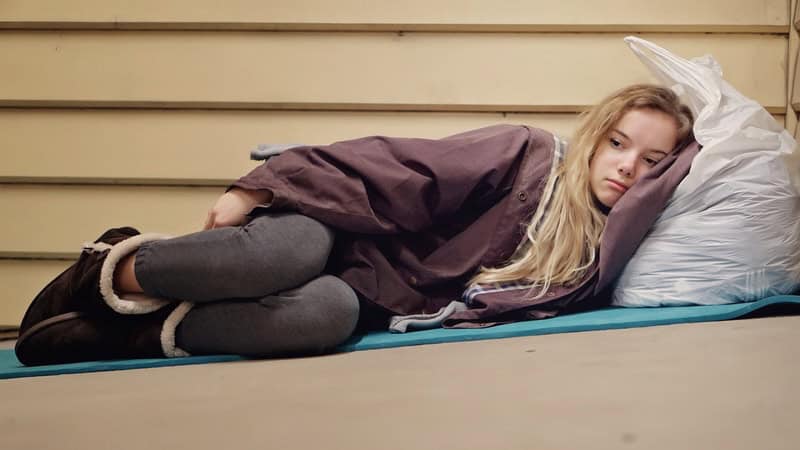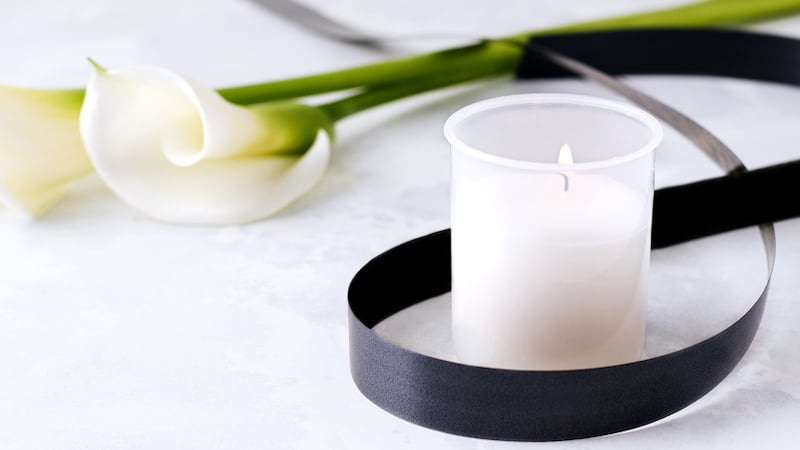Sewing the Seeds of Change
Boomers who are quietly making a difference
Susan Brooks and her team of mostly boomer-age volunteers believe that real giving is giving of one’s time, knowledge and energy.
So when they’re not giving back to their immediate communities, this group of eight women – some retired, some semi-retired, with careers in marketing, education, retail and finance – focus on building up an East African village one article of clothing at a time.
They have established a nonprofit sewing cooperative, Dadas & Design, in Mwitikira, a small agrarian-based community in central Tanzania.
IN SWAHILI, ‘DADAS’ MEANS ‘SISTERS’
The seed was planted in 2009 when three women from the group visited Mwitikira as volunteers with Carpenter’s Kids, a U.S.-based teaching program for children in the Dodoma region of Tanzania.
“This is the most basic kind of agrarian society,” says Brooks. There is no electricity or running water and no opportunities for self-sustaining jobs. The village of 5,000 people is dependent on rainwater for crops, but rainfall is minimal. “So there is a lot of hunger.”
During that initial visit, several of the village’s women approached them, asking through a translator whether they had any ideas on how to make a living.
A few of the Mwitikira women knew how to sew using the few treadle machines in the village. This spawned the idea to make clothing out of the local kitenge, a traditional East African fabric made from 100 percent cotton. “The initiative here,” adds Brooks, “was to come up with a product, or a program, where we could help as many women [in the village] as possible make a living.” In 2011, a prototype and video instructions were sent to the village. By 2012, the first Mwitikira-made products were shipped, and then sold, stateside.
The relatively simple commercial arrangement – one that, according to Brooks, coincides with fair trade principles – is sustained to this day. When an order is placed through the Dadas & Design website, the village women receive 50 percent of the purchase price. When the completed order arrives in Virginia via air freight, they receive the other 50 percent. All net profits go to the sewing artisans.
“We end up paying the women exactly what they ask us to pay them. … These people now have enough money to buy food for their families … to afford school fees, buy medication when needed and have clean drinking water,” Brooks says.
OUR PLAN IS TO GO OUT OF BUSINESS’
Locations like The Artisans Shops in Richmond’s Carytown, as well as others around the state, are selling Dadas & Design lounge pants, called “lalas,” as well as bow ties, aprons and products for the home, like placemats, napkins and table runners.
“I love the happy colors in the fabric,” says Barbara Parker, a retired librarian and one of the Richmond volunteers. “And I think this, coupled with the goal in mind to truly help these ladies, is what really draws in people to purchase them.”
Earnings fund operating costs, like additional sewing machines, maintaining the website for orders and paying one eager Tanzanian woman with a degree in business and marketing to teach business skills to the village women.
Dadas & Design has gone from employing just four women to providing 18 people with jobs. More than 2,000 items have been made.
“But our goal is to go out of business,” Brooks says. “Our goal is to get these women enough products so they can sell to markets [on their own].”
For more information: dadasanddesign.org


